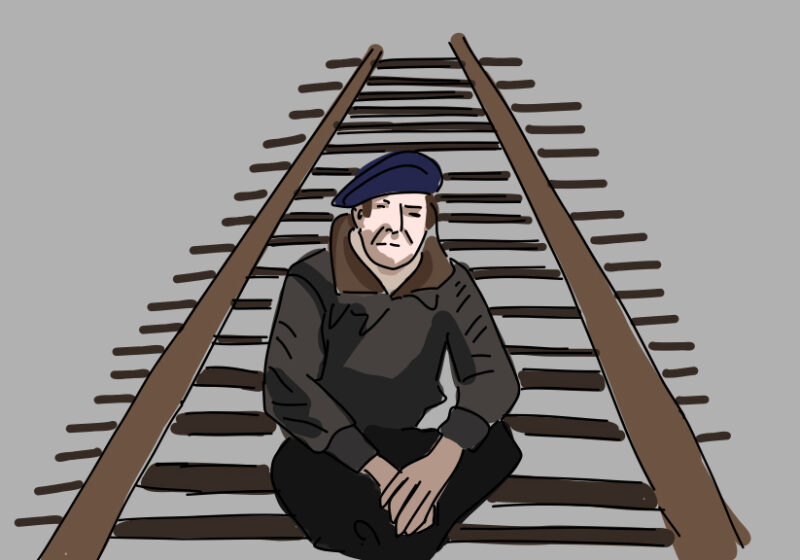Told to have descended from Aaron, the High Priest, Leonard Cohen gained his nickname and reputation as the “High Priest of Pathos” because of his ability to engulf listeners in gloom, despair, and contemplation.
Born on Sept. 21, 1934, into an Orthodox Jewish family, Cohen drew inspiration for his poetry from multiple literary and non-literary sources. Exposure to stories from the Old Testament in his Messianic upbringing played a significant role in his search for purpose through vulnerable themes, as his words held on to sanctity.
“Hallelujah” is perhaps one of his most intimate and raw songs, filled with ambiguity to examine the complicated nature of love and the paradoxical character of human emotions through lyrical analogies. It was the first song I listened to by him, and already, I wanted to analyze his work.
The multifaceted messages drawn from his lyrics of human joy and pain give these messages their everlasting significance along with life’s dualities — faith and doubt, good and evil, love and hate, and lust and chastity.
Cohen indicates that King David tries to understand love — albeit torturous at times — by finding the “secret chord” through his singing. The love he attempts to discover leads him to vulnerability and sexual desire, yet he cannot help but find it worth it. “And from your lips, she drew the Hallelujah,” Cohen sang.
Each lyric emphasizes a different thing that is open to interpretation. As Cohen mentioned, even the term “hallelujah” has various connotations, whether it be the literal meaning “glory to God” or “praise be to God” or an affirmation of how beautiful life is. To me, it reiterates the magnificence of life despite the setbacks — a word of appreciation, praise, awe, and wonder.
Like “Hallelujah,” the song “You Want It Darker” from Cohen’s last album, released approximately two weeks before his passing, confuses us with speculation. I believe, though, that although he had been looking for meaning in life, Cohen is accepting that he will not be able to find it in time due to his approaching death; yet, he will still give himself over to God to reconcile with his faith despite the struggles he raises with faith by contradictions, subtly asking why there is suffering if a God exists.
He insinuates that if we feel God wants things to be darker, we would be glad to kill the flame even if it may be detrimental, referring to the human race when asking if we want it darker. Cohen says, “If you are the healer, it means I’m broken and lame,” having a line of faith followed by the opposite side of darkness and doubt, which he cannot help but mention.
While Cohen was Jewish both ethnically and religiously, he explored Buddhism as a monk for several years before leaving. So, the focus on Judaism in this song makes me think it symbolizes him coming home after some time away, hence “Hineni,” Hebrew for “Here I am,” being the same response Abraham gave when called to sacrifice Isaac.
This work perfectly concluded the end of Cohen’s art — a creator, artist, and simple man who lives on forever through us.






